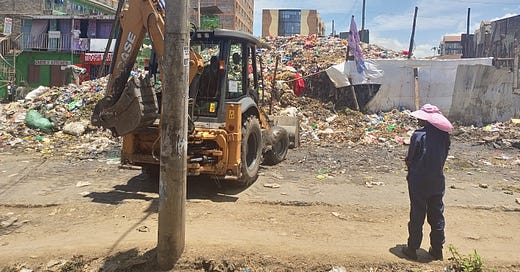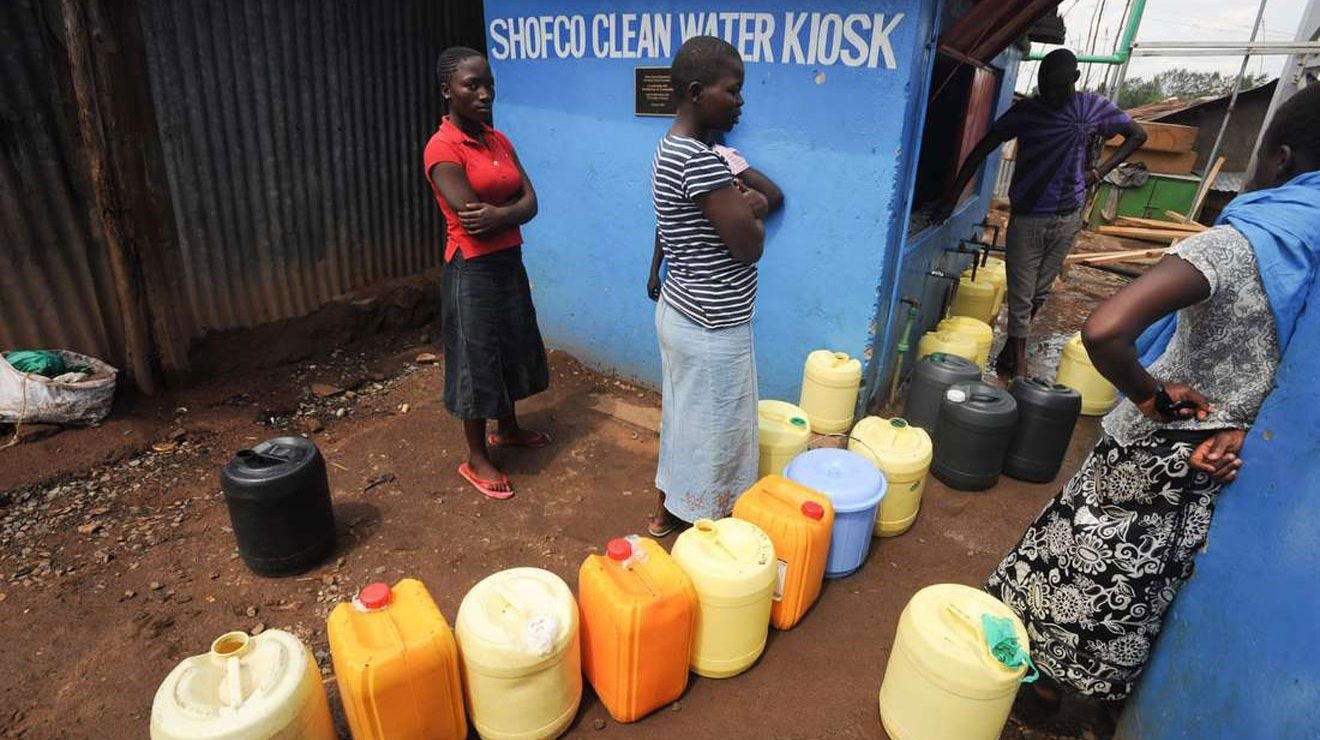Fight for Environmental Justice: The Daily Struggle of Slum Communities
This is just a snapshot of what majority of residents in this slum have to endure, not to mention residents who have school going children within.
KENYA-In the bustling streets of Kawangware Nairobi, the fight for environmental justice is a daily battle for residents living in the heart of the slum, writes Ronald Wanyama.
While the world progresses towards sustainable development, residents in this slum continue to grapple with disproportionate exposure to air pollution, inadequate access to clean water, and an ongoing struggle for basic environmental rights.
Environmental injustices
The environmental injustices faced by residents of Kawangware are glaring. With limited infrastructure and waste management systems, the streets continue to be littered with garbage, sewage, and industrial pollutants.
These environmental hazards continue to pose serious health risks, which could eventually lead to respiratory illnesses, waterborne diseases, and other adverse health effects, particularly affecting vulnerable populations like children and the elderly.
Agnes Akoth, who has been a food vendor in the area for years, decries her losses on a daily basis, as customers continue to avoid her cooked delicacies.
Primarily caused by the bad smell that emanates from the dumpsite nearby, which she doubts if it’s really licensed to be near a residential area. She is not alone, opposite her dwindling food business, is Vincent Nyamari, who solely depends on his furniture business.
His furniture has not been spared. In addition to the bad smell, rats have been a menace to him, as they continue to diminish the quality of his costly furniture. The last thing they want, is relocation of the dumpsite, since efforts to maintain it have been overwhelmed.
This is just a snapshot of what majority of residents in this slum have to endure, not to mention residents who have school going children within.
Water shortage
Access to clean water is a luxury, many cannot afford in some parts of Kawangware. Residents arguably rely on contaminated water sources, which are still scarce, witnessed by long queues leading to a probable cycle of illness and poverty.
Furthermore, air pollution from illegal dumpsites in the area, have exacerbated respiratory issues, making it difficult for residents to lead healthy lives.
The struggle for environmental rights in Kawangware however, mirrors a global fight for justice and equity.
Despite their vital role in sustaining local economies, slum communities such as these ones, are often marginalized and overlooked in environmental policymaking and resource allocation. Basic rights such as access to clean water, sanitation, and a healthy environment are frequently denied to them.
Concerted efforts
To truly address the environmental injustices faced by slum communities like those in Kawangware, concerted efforts are needed at local and national levels. Governments must prioritize environmental policies that protect the rights of all citizens, regardless of their socio-economic status.
In the fight for environmental justice, solidarity and collective action are paramount.
As the voices of Kawangware residents grow louder, they send a powerful message: environmental rights are human rights, and everyone deserves to live in a clean, healthy, and sustainable environment.




